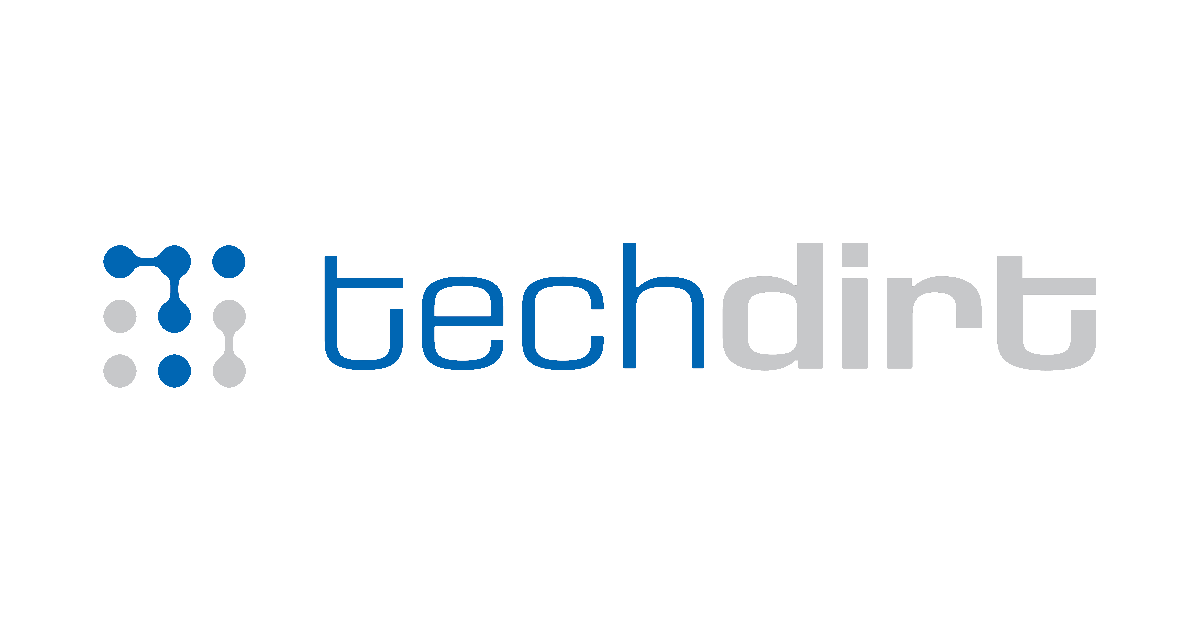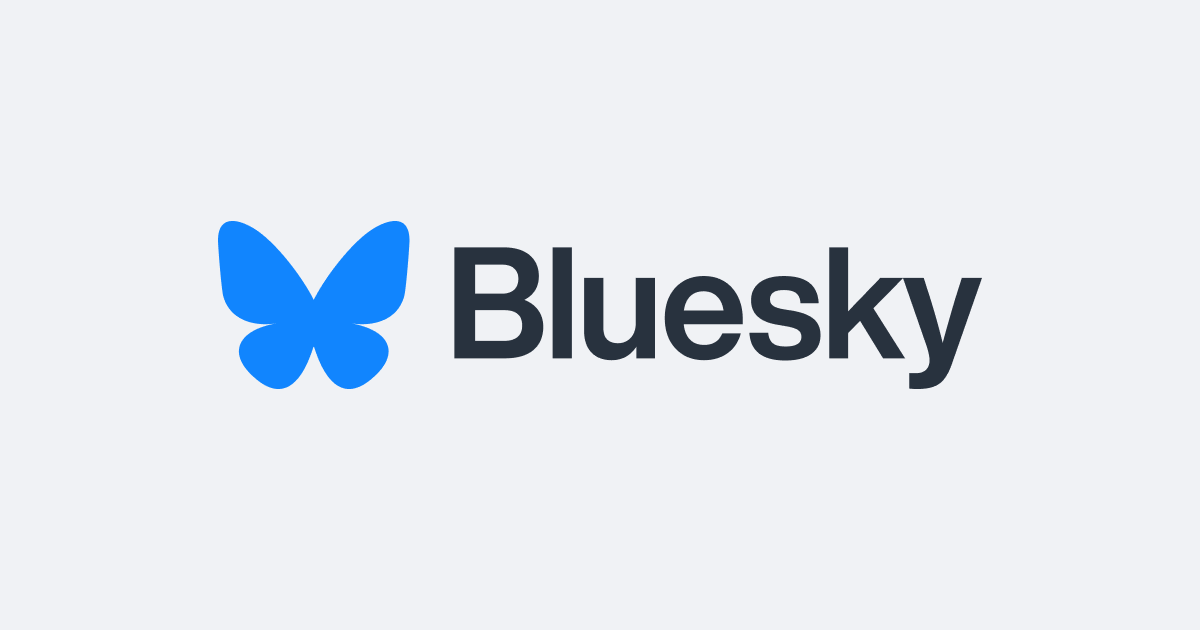

If you have ::/0 in your AllowedIPs and v6 connections are bypassing your VPN, that is strange.
What does ip route get 2a00:1450:400f:801::200e (an IPv6 address for google) say?
I haven’t used wireguard with NetworkManager, but using wg-quick it certainly adds a default v6 route when you have ::/0 in AllowedIPs.






















Where are you getting 60%? Google’s IPv6 Adoption page has it under 50% still:
(while other stats pages from big CDNs show even less)